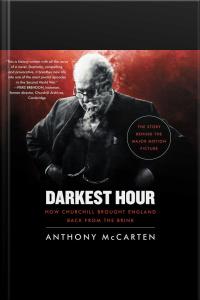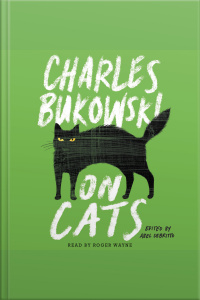I'd Rather Be Writing Podcast Feed
- Autor: Podcast
- Narrador: Podcast
- Editora: Podcast
- Duração: 77:51:05
- Mais informações
Informações:
Sinopse
A technical writing podcast about the latest trends and practices in the field of technical communication. Technical communication includes topics like technical writing (software help), information architecture, usability, API documentation, information design, web design, illustration, DITA, structured authoring, visual communication, and more. If youre a technical writer or interested in technical writing, this is the one of few podcasts in this niche. I also have a blog at http://idratherbewriting.com where the podcasts and other blog topics are published.
Episódios
-
Articulating stories that influence product adoption (new article in Simplifying Complexity series)
31/07/2018 Duração: 43minI added a new article in my ongoing series about simplifying complexity. The article is called Articulating the invisible stories that influence product adoption or rejection and explores why adoption of our products among users doesn't often live up to our expectations. I argue that we need to articulate the story we're telling about the product as well as the story users tell, and identify whether the two are in alignment. Note that you can both read and listen to this article, since I created an audio recording for it.
-
Reducing the complexity of technical language (new article in Simplifying Complexity series)
11/07/2018 Duração: 43minI added a new article in my ongoing series about simplifying complexity. The article is called Reducing the complexity of technical language and explores reasons why the language in technical documentation tends become so full of jargon and other unfamiliar terms, and a few solutions for simplifying the language. I emphasize the need to read the competitor's documentation and other articles in the industry to get a sense of the right terms and contexts that users likely expect. I also decided to read the article for those who prefer podcasts.
-
The relationship between academics and practitioners -- Podcast with Kirk St. Amant
11/07/2018 Duração: 56minIn this podcast, I chat with Professor Kirk St. Amant about the relationship between practitioners and academics. Kirk recently co-authored an article about research as a unifying focus to bring academics and practitioners together. Using this article as the basis for discussion, we dive into origins of the divide, why both practitioners and academics of the same field need each other, potential solutions, and more.
-
Evaluating the user experience of documentation -- Podcast with Bob Watson
18/06/2018 Duração: 58minThis week I chatted with Bob Watson, an assistant professor of tech comm at Mercer University, about how to evaluate the user experience of documentation. The idea of doing a podcast came up during a comment thread on a previous post about reconstructing the absent user. We had a long exchange in the comment threads and thought it would be good to have a podcast about the topic.
-
Recording of API documentation workshop in Denver
12/03/2018 Duração: 03h51minI recently gave a half-day API workshop in Denver on March 10, 2018. Topics in the workshop included how to document reference API content (endpoints, parameters, requests, etc.), what non-reference topics (for example, status and error codes, rate limiting, getting started, sample apps) are common, how to create an OpenAPI specification document and Swagger UI output, and more. You can view a recording of the workshop, browse the slides, and listen to the audio here. Because of the length, the content is divided into three parts.
-
Recording of STC San Francisco presentation: Beyond mere endpoint reference — the overlooked content in API documentation
08/03/2018 Duração: 59minI recently gave a presentation to the STC San Francisco chapter called "Beyond mere endpoint reference — the overlooked content in API documentation" on February 21, 2018. You can browse the slides and listen to the audio recording here.
-
Recording of OpenAPI and Swagger presentation (for STC and WTD San Diego)
14/02/2018 Duração: 01h01minI recently gave a presentation to the STC San Diego chapter and WTD San Diego group called "Swagger UI and the OpenAPI specification" (February 13, 2018). You can view a recording of the presentation, browse the slides, and listen to the audio here.
-
Recording of WTD South Bay presentation: Publishing tools for API documentation
19/01/2018 Duração: 01h05minI recently gave a presentation called "Publishing tools for API documentation" to the Write the Docs South Bay meetup group on January 18, 2018. You can view a recording of the presentation, browse the slides, and listen to the audio here.
-
How to become a voracious reader
01/12/2017 Duração: 06minVoracious reading begins with voracious thinking. Asking questions gives us a purpose and drive for reading.
-
How do you communicate user progress in a course without a Learning Management System (LMS)?
28/11/2017 Duração: 14minWhen you don't have a system that logs users in and tracks their progress, it can be a challenge to show their progress in a course. However, rather than showing progress through completed pages, quizzes, or other interactive exercises, progress can also be measured through larger user goals that extend beyond the course. In the case of my API documentation course, the user's goal is to break into the field of API documentation, not so much to finish a course. Breaking into API documentation requires users to build a compelling portfolio, which is how I'm choosing to measure the user's progress.
-
Intro to API Documentation -- recording of presentation to STC Silicon Valley chapter on 11/20/2017
19/11/2017 Duração: 01h05minI recently gave a presentation titled "Introduction to API Documentation" to the STC Silicon Valley chapter in Santa Clara, California. The video recording and audio are available here.
-
SwaggerHub: A collaborative platform for working on OpenAPI/Swagger specification files, and more
05/10/2017 Duração: 16minWhen documenting REST APIs, the OpenAPI specification (formerly called Swagger) is pretty much the default standard. Yet learning the OpenAPI spec is not a trivial undertaking and requires significant ramp-up. SwaggerHub is a tool can reduce the complexity in creating your OpenAPI spec file because it enables collaboration between both developers and technical writers. This collaboration not only helps compensate for gaps in understanding with the spec, SwaggerHub also offers many other features (such as versioning, content re-use, inline commenting, and more) to make the authoring and publishing experience easier.
-
Has plain language deepened or ruined our delight in language?
20/09/2017 Duração: 18minAlthough technical writers champion plain language, embracing plain language for many years can cripple your ability to use more eloquent language, like that of a literary author or essayist. There isn't much room for literary play or playful tones in technical documentation. Following the rules of simple language has distorted my ability to read anything that blatantly violates those rules without questioning the author's word choice and sentence construction. Sometimes I feel that simple language has removed my ability to delight more in language and to express myself in more articulate, interesting ways.
-
Discoveries and realizations while walking down the Docs-as-Code path
23/08/2017 Duração: 23minThis past week I had some good discussions with developers about the right directions in our doc-as-code project at work. I say good discussions, but actually they were challenging. The outcome led me to realize more details about embracing docs as code. The more you treat docs as code, the more you may have to set aside some common tech writer models of handling content and instead embrace the software code workflows entirely. Some of these principles include storing only source code in repositories, building from a build management system, and reducing build pipelines to work with 1 or 2 larger repositories only.
-
Why Stack Overflow's Documentation effort failed -- a few thoughts from a technical writer's perspective
05/08/2017 Duração: 12minStack Overflow, mostly known as a forum for answering niche software questions, recently tried to launch a Documentation component to their site. The goal of Documentation was to 'do for Documentation what we did for Q&A'. In other words, provide substantial, valuable information that could be the go-to source for tech docs instead of just one-off answers around niche topics. However, the effort failed and now Stack Overflow is sunsetting their Documentation.
-
Tech docs and Agile: Problems with integrating tech writers into engineering Scrums (Part 1)
04/08/2017 Duração: 35minAlthough it seems like documentation should be treated like other features worked on by a Scrum team, frequently it is not. When tech writers try to integrate into engineering Scrum teams, they usually run into a host of challenges. These challenges stem mainly from floating across multiple projects. Often doc tasks aren't assigned points or grouped in with other tasks in a real sprint, nor are tech writers co-located with project teams. This is a two-part post. In this first part, I outline problems for tech writers integrating into Scrum teams. In part 2, I explore solutions.
-
Tech docs and Agile: Alternatives to integrating into engineering Scrums (Part 2)
04/08/2017 Duração: 31minThis is part two in a series on Agile and tech docs. In the previous post, I outlined challenges in integrating into engineering Scrum teams. Some alternatives to Scrum include Kanban, Extreme programming, Waterfall, and various productivity methodologies. The most compelling solution, to me, seems to be to form your own documentation-focused Scrum. This allows you to keep with the same project management approach and language in the company, while also allowing you to avoid the pitfalls previously described with integrating into an engineering Scrum. Even so, there's not an extremely compelling reason for docs to adopt Scrum, so its main aid might be to give you a disciplined approach to your doc work.
-
Why simple language isn't so simple: the struggle to create plain language in documentation
27/07/2017 Duração: 30minAlthough you can adjust your content's style to be simpler and more readable, technical documentation introduces many new terms and concepts for readers to learn. Many readers who don't already understand the discourse community may find this language impenetrable. Glossaries and inline tooltips can potentially help novice users, but there's no easy solution for simplifying your language for both novice and expert users.
-
When the pain of ignorance exceeds the pain of learning
23/07/2017 Duração: 17minUsers turn to documentation when the pain of their ignorance exceeds the pain of learning. Unfortunately, this is the worst state of mind to try to learn anything in. To address this impatient state of mind, we need to write documentation in simpler, easier to digest ways. Task-based documentation gets us part way there. But the varying starting points, unique pathway needs, and messy branching complicate the promised simple linear nature of steps. Overall, we need to increase the simplicity factor in our docs much more than we generally do.
-
Transparency in documentation: dealing with limits about what you can and cannot say
13/07/2017 Duração: 18minAlthough traditionally as a technical writer you don't run into too many ethical scenarios for docs, sometimes you have situations where your ability to be transparent about a system's limitations gets curtailed by marketing or product management. It can be frustrating to have your documentation filtered like this, but you can take comfort knowing that, given the decentralized nature of information on the web, where any user can post information in forums, blogs, and other sites, the information filtered out of your docs will eventually be published online (it just might not be published by you).

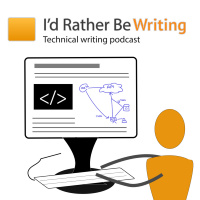
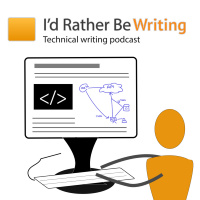
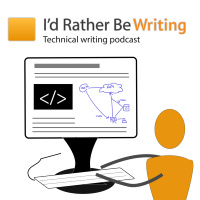
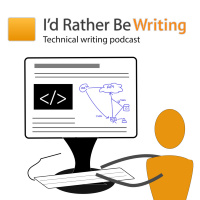
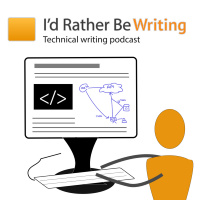
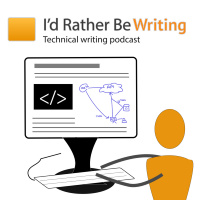
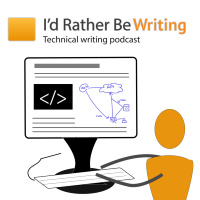
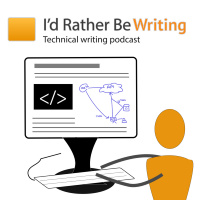
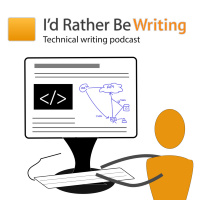
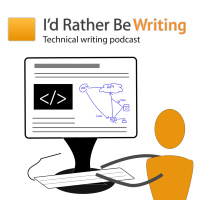
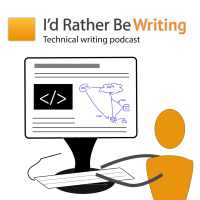
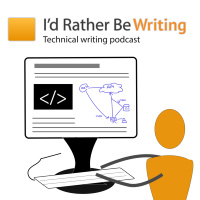

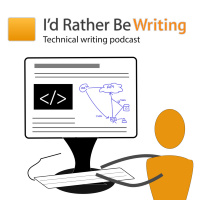
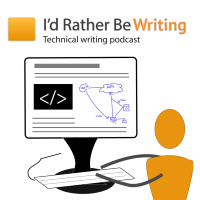

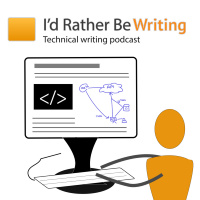
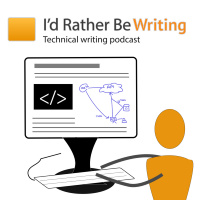




![Bargaining With The Devil: When To Negotiate, When To Fight [abridged]](http://media3.ubook.com/catalog/book-cover-image/478380/200x300/1812131510-bargaining-with-the-devil-when-to-negotiate-when-to-fight-abridged.jpg)

